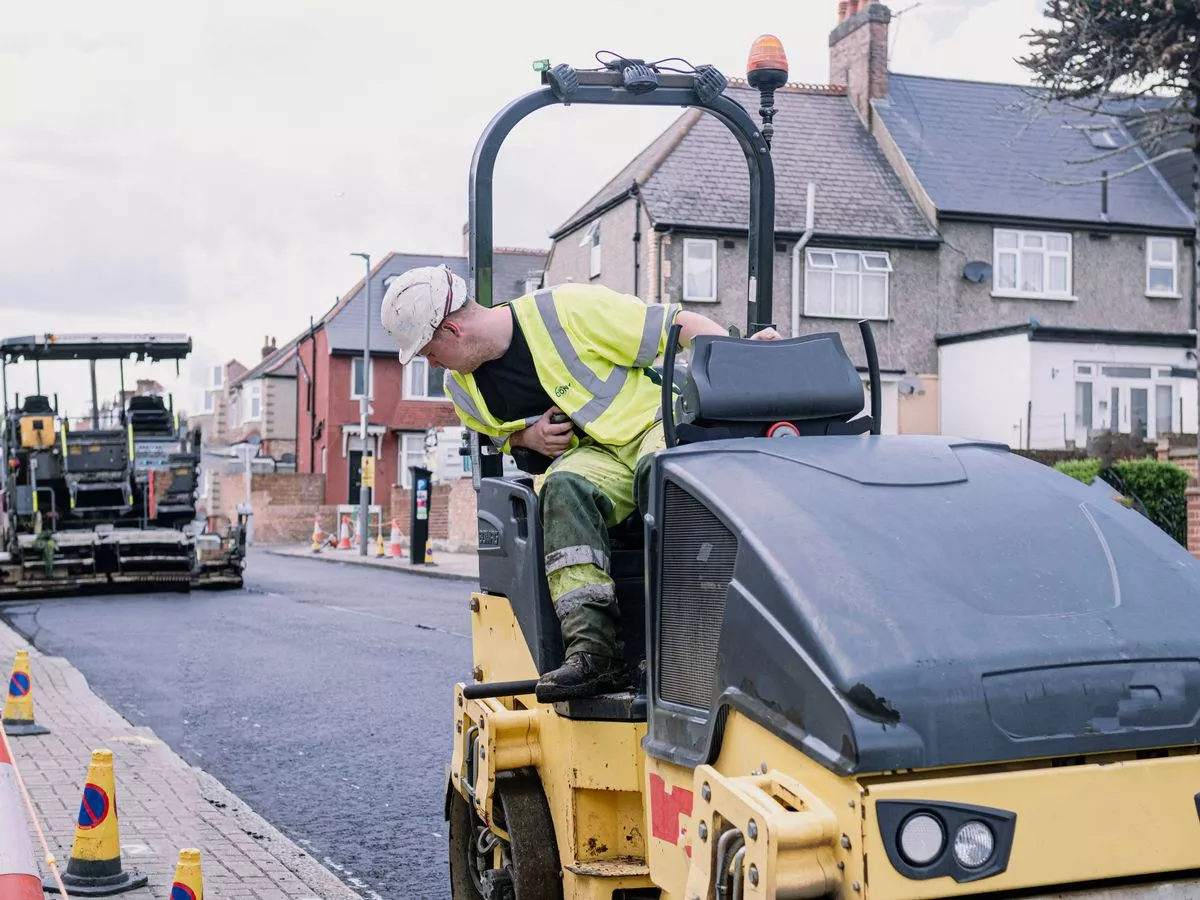Copyright mirror

Ever found your Saturday morning lie-in shattered by the racket of builders working away outside? Police have revealed exactly what steps you can take in these situations. Whilst some may be tempted to ring 999, it may come as a surprise that police don't possess the power to prosecute noise-related violations . Instead, Ask the Police suggests reporting severe incidents to Environmental Services, which connects to your local authority. Its online guidance explains: "As with any complaint of noise, you can report this to Environmental Services at your local authority. It may be possible to serve inconsiderate contractors with a noise abatement notice. "See the link in related information to find your local authority. There are generally no legal restrictions on the times work may be carried out and sometimes it is necessary to work during unsociable hours for emergency repairs or to avoid traffic disruption." If you can determine who is undertaking the work, such as an electricity company or water board, the police recommend approaching them directly initially, according to the Express . This is mainly because they might be entirely unaware of the matter and how it impacts you. Direct contact is often the first step in addressing issues such as loud televisions, blaring music or incessant dog barking from neighbours. However, if the problem persists, residents are advised to get in touch with their local authority's Environmental Health Department. Additional guidance from Ask the Police states: "For long-term problems, you may be asked by your local authority to keep a diary of information about the noise, such as when it occurs, how loud it is etc., and in some cases you may be provided with some equipment to record the noise. These two steps are designed to gather evidence. "If the council then decides that someone is causing a statutory noise nuisance, they must issue a 'noise abatement' order (i.e. a chance for them to turn the noise down), which if broken can lead to a fine, although it is likely they will give your neighbour the opportunity to turn the TV/music down without further action. The whole process can take some time to complete." Local councils have the power to issue warning notices for noise complaints that breach acceptable levels between 11 pm and 7am. In serious cases, this can escalate to a 'statutory nuisance' if specific conditions are satisfied. When this occurs, a fine of £110 for households or £500 for licensed premises may be imposed within a fortnight, according to the Mirror . Anyone who doesn't pay the notice or settles it beyond the deadline could face court action and a penalty of up to £1,000 for residential properties, or an unlimited fine for licensed venues. It is the council's responsibility to investigate noise complaints regarding: Statutory noise nuisance laws do not cover noise from: Councils have the discretion to determine the level of service for addressing noise complaints, including options like having officers on call at night. For more information, head to GOV.UK .



